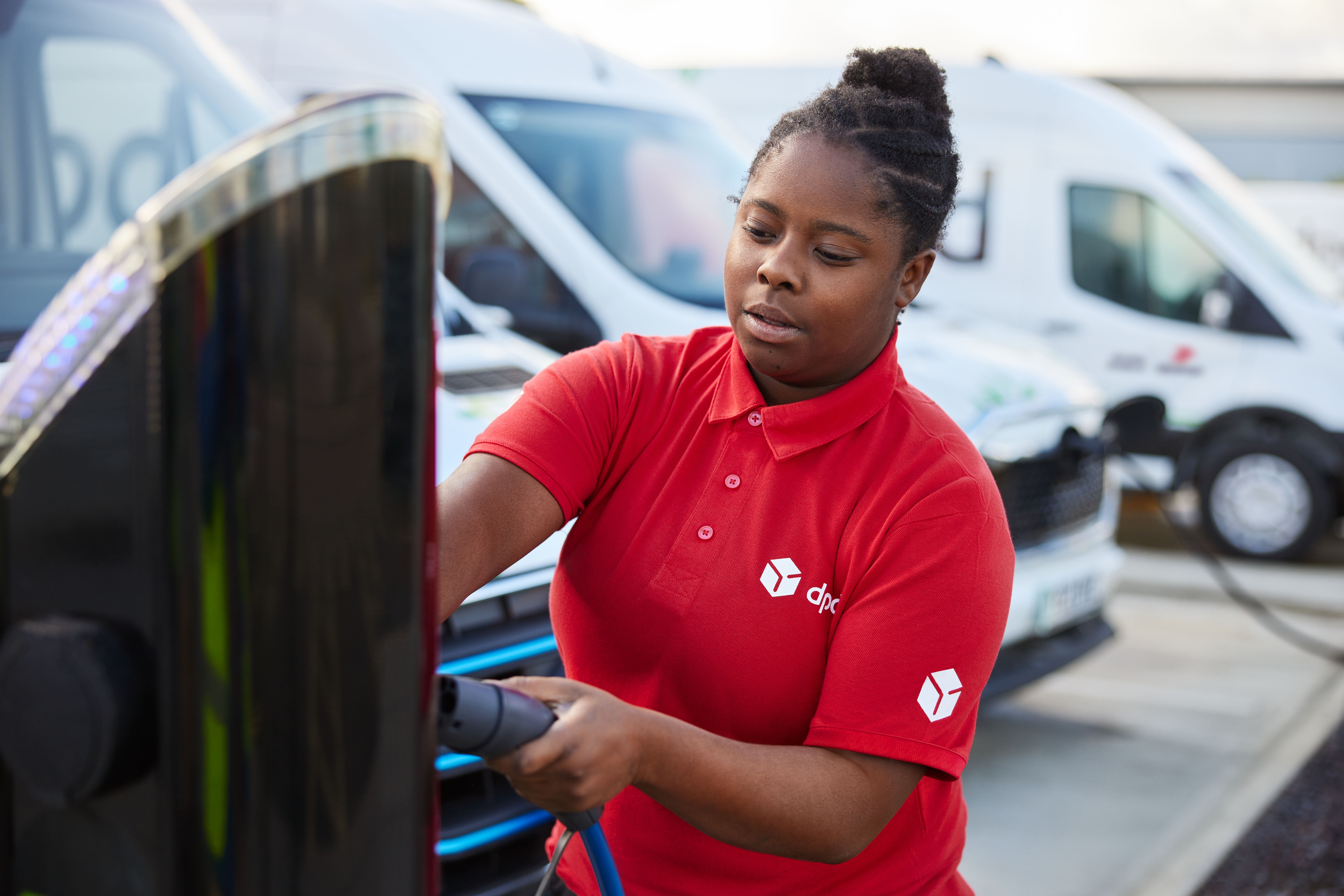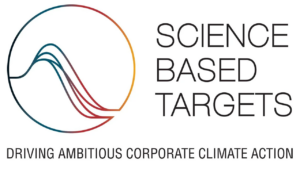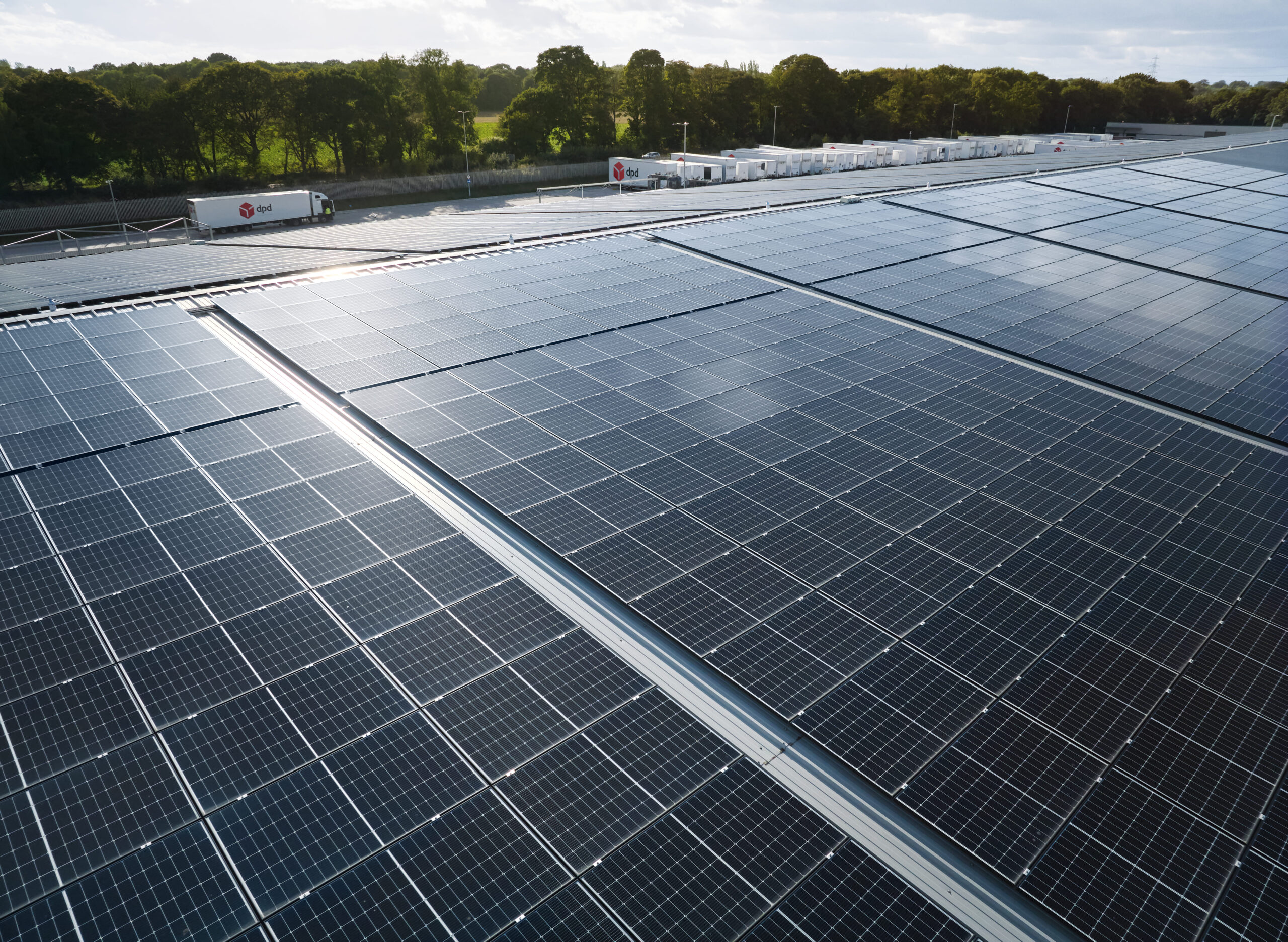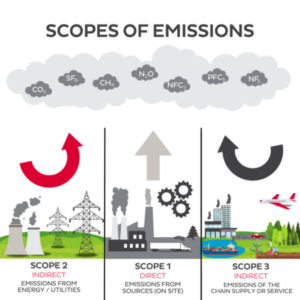Our Net-Zero Pathway
As a major player in the freight transport sector, Geopost recognises the urgent need for society to reduce greenhouse gas (GHG) emissions to avert the worst effects of climate change.
A first phase began in 2012
We took early and decisive action to address our GHG emissions by offsetting the emissions we couldn't yet reduce, while at the same time investing significantly in the technologies that can meaningfully reduce our emissions (for example, helping create demand for electric vans through our commitment to delivering 350 European cities with fully low-emission transport).
This has led to:
- A decrease of -6,5% in absolute emissions between 2021 and 2022
- 102 cities fully enabled with low-emission transport
- 28 cities covered by our Air Quality Monitoring Programme
A first phase began in 2012


We took early and decisive action to address our GHG emissions by offsetting the emissions we couldn't yet reduce, while at the same time investing significantly in the technologies that can meaningfully reduce our emissions (for example, helping create demand for electric vans through our commitment to delivering 350 European cities with fully low-emission transport).
This has led to:
- A decrease of -6,5% in absolute emissions between 2021 and 2022
- 102 cities fully enabled with low-emission transport
- 28 cities covered by our Air Quality Monitoring Programme
Today, we are taking our commitment to the next level
Geopost is the first global parcel delivery company to have both its near and long-term GHG emissions reduction targets approved by the Science Based Targets initiative (SBTi). This landmark approval scientifically endorses Geopost’s roadmap to reach net-zero by 2040 and sets the company on a clear path to becoming the international reference in sustainable delivery.

To achieve our net-zero science-based targets by 2040, we will focus on
- Electrifying the first and last mile delivery fleet by increasing the share of alternative transport solutions (including electric vans, cargo bikes and delivery on foot) to 85% by 2030 (100% in 2035).
- Diversifying the linehaul fleet to include alternative powertrain technologies such as biogas, biofuel, electric and hydrogen-powered trucks, as well as shifting more parcels to rail to increase the share of alternative linehaul transport solutions to 50% by 2030 (100% in 2040).
- Switching to renewable energy to power logistics sites and offices and driving towards more energy efficiency, with the objective of using 70% of energy from renewable sources by 2030 (100% in 2035).
- Electrifying the fleet of company cars and on-site freight* by increasing the share of electric vehicles to 90% by 2030 (100% in 2035). [*Forklift trucks and trailer shunters].
Our net-zero science-based targets cover our majority-owned business units in Europe. These targets are aligned with the most ambitious GHG emissions reduction pathway to limit global temperature increase to 1.5°C above preindustrial levels.
What we are committed to


What we are committed to
-
Overall net-zero science-based target
Geopost commits to reach net-zero greenhouse gas (GHG) emissions across the value chain by FY2040 from a FY2020 base year.
-
Near-term targets
Geopost commits to reduce absolute scope 1 and 2 GHG emissions and absolute scope 3 GHG emissions from fuel and energy-related activities, upstream transportation and distribution and upstream leased assets 43% by FY2030 from a FY2020 base year (includes land-related emissions and removals from bioenergy feedstocks).
-
Long-term targets
Geopost commits to reduce absolute scope 1, 2 and 3 GHG emissions 90% by FY2040 from a FY2020 base year.
What are scope 1, scope 2 and scope 3 emissions?
-
Scope 1 emissions are direct emissions from company-owned and controlled resources.
-
Scope 2 emissions are indirect emissions from the generation of purchased energy.
-
Scope 3 emissions are all indirect emissions – not included in scope 2 – that occur in the value chain.
(Source: GHG Protocol)

From carbon neutral to net zero:
Geopost will no longer offset parcel delivery emissions
Geopost's carbon neutrality policy, in line with La Poste Groupe, is evolving to support our Net Zero strategy. We are strengthening our focus on actions to significantly reduce our GHG emissions by at least 90% by 2040 (compared to 2020) and preparing a forward-looking carbon offsetting programme based on high quality carbon capture projects (such as reforestation and afforestation) to achieve Net Zero in 2040. Consequently, we will no longer systematically offset our parcel delivery emissions to be carbon neutral. This will take effect from 1 January 2024.
Home / Our Net-Zero pathway


